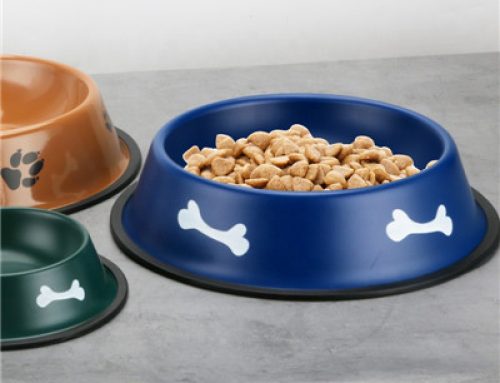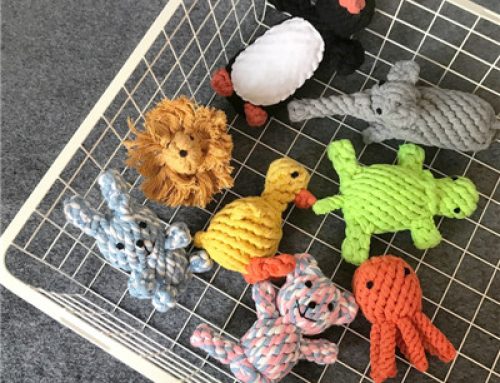What to pay attention to when immunizing dogs?
1. After this immunization plan, what we have to do in the future is to inject one injection of six-unit vaccine and one injection of rabies vaccine every year, so that dogs can say goodbye to the threatening infectious diseases.
2. It is absolutely forbidden to vaccinate pregnant female dogs, otherwise it may cause miscarriage of female dogs. When an animal is pregnant, its antibodies are relatively high, so it generally does not suffer from infectious diseases and does not need to be vaccinated. In the same way, it is not suitable to vaccinate bitches within half a month after delivery.
3. For dogs with poor physique and malnutrition, it is best to improve their physique and strengthen nutrition first, and then vaccinate until they are healthy.
4. Dogs cannot be vaccinated when they become ill. Vaccination at this time may aggravate the condition due to the vaccine reaction, or prevent the vaccine from producing a good immune effect.
5. It is normal for a small number of puppies to experience elevated body temperature, depression, loss of appetite, and pain after the vaccine. Generally, the symptoms will disappear within 24 hours.
6. If there is pruritus and facial swelling all over the body, it is allergic, and you have to go to the hospital for injection of desensitization needles.
Seven, some puppies may experience severe reactions such as shock after the vaccine, so it is best to stay at the veterinary station or pet hospital for 30 minutes after the vaccination, and then leave after confirming that the puppies have no abnormal reactions.
8. Within a week after the injection of the vaccine, the dog’s body is producing antibodies, and the resistance may decrease. Do not bathe the dog to avoid catching a cold during this period.
9. The temperature is right in spring and autumn, which will help the vaccine to work, so it is best to choose the injection in spring and autumn.
1. The vaccine should be of the same brand, and the brand cannot be changed during the immunization process, otherwise it will easily lead to immunization failure.
2. The storage conditions of vaccines should be paid attention to. Inactivated vaccines should be stored at 2–8 degrees Celsius to prevent freezing, high temperature and direct sunlight; attenuated vaccines should be stored below -15 degrees Celsius to maintain their effectiveness.
3. Only healthy dogs can be vaccinated, and immunity usually develops within 10-15 days after vaccination. During this period, puppies cannot take a bath. Before the immunization program is completed, you should minimize going out and avoid contact with other dogs.
4. For puppies of the appropriate age who cannot be vaccinated due to physical reasons, they should be injected with hyperimmune serum first, and the vaccine can be injected only after the body recovers. Deworming: Puppies should be dewormed when they are 20 days old. Most puppies have intestinal parasites, which are infected by bitches through the placenta or milk. Common intestinal parasites include roundworms, hookworms, and tapeworms. The puppies suffer from loss of appetite, weight loss, and growth retardation; constipation or diarrhea, abdominal pain, vomiting, and enlarged abdominal circumference. Severe infections can lead to serious complications and death. Parasitic infections in adult dogs are generally invisible, so even if no worms are found in the feces, they should be dewormed on time. Puppies are dewormed for the first time at the age of 20 days, once a month until they are six months old, once every quarter starting at the age of six months, and once every six months after adulthood. It is recommended to use special deworming drugs for dogs and cats, which is relatively safe.




